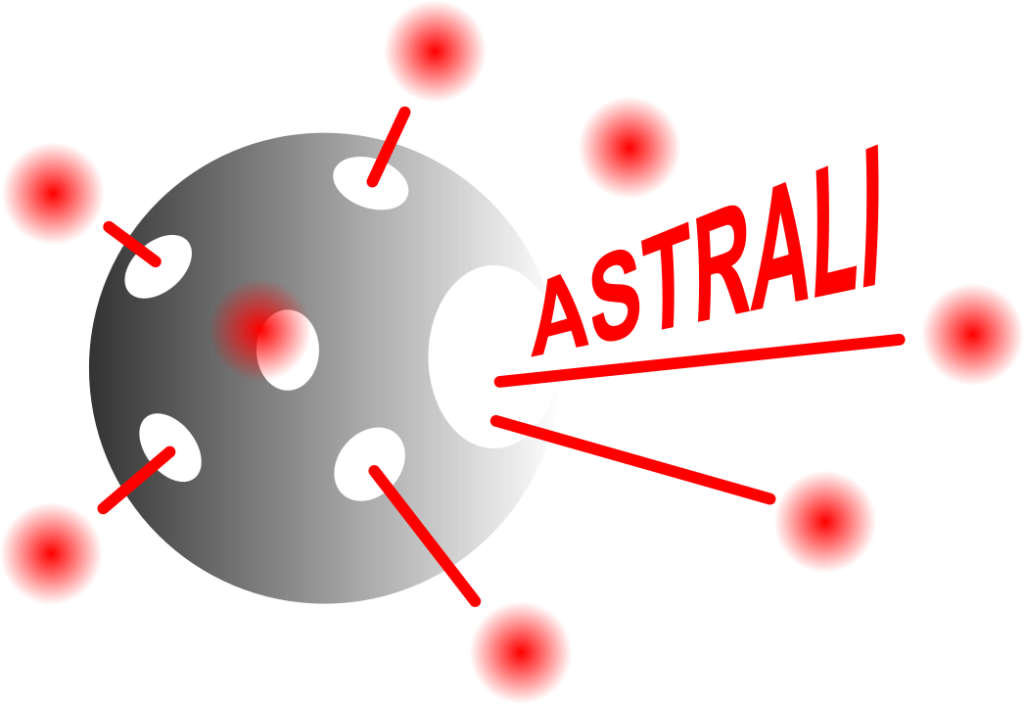
AStraLI
Amplification Strategies for the Labeling and Detection of Infectious Agents
It is clear worldwide – as the recent pandemic has confirmed – that for healthy society we need broader access to appropriate screening and diagnostic tools. The current diagnostic methods to differentiate between diseases that present similar symptoms are very sophisticated and diagnostics have become key drivers to generate value for patients and health systems. However, as clearly revealed by the COVID-19, but also by the limited number of tuberculosis cases detected (of the 9.6 million, 3 million are either not diagnosed) or even by the imperfect awareness of patients infected with HIV (only half of them knows about of their status), limitations in screening and diagnosing infectious diseases with fast, cheap and reliable test are still too critical.
AStraLI is a high challenging project aiming to develop strategies to shift the paradigm from target- to signal amplification, enabling rapid, simple and low-cost tests for viruses and bacteria using assays on paper or simple electronic read out. The vision, applicable to any pathogen and in different detection modalities, is based on signal generation from thousands of reporter molecules generated for each analyte captured and will make a breakthrough in the diagnostic field, enabling home- and point of care diagnostics.
The detection strategy for the pathogens is emission, colorimetric assay or electrochemiluminescence, ECL. To achieve such a goal we have designed electrochemiluminescent polynuclear complexes able to disaggregate (to avoid self-quenching) upon a redox reaction, breakable nanoparticles able to release hundreds of reporter molecules and engineered phages. Phage technology provides probes endowed with high affinity and selectivity towards the desired analyte overcoming the limitations of monoclonal antibodies, including cost, chemical stability and heterogeneity of reactions.
In AStraLI, we will demonstrate that we can detect the virus or bacterium without the need to extract any biomolecular marker. We will evaluate such a platform for signal amplification developing proof-of-concept devices both for virus and bacteria that will evidence the breakthrough and eventually the limitation of the concept developed in the project.
The use of ECL as very sensitive tool will allow not only a qualitative assay but a quantitative and sensitive detection. In addition the use of paper assay technology will allow cheap and rapid massive screenings, enabling timely therapeutic interventions, of fundamental importance in case of pandemic infections. These features are of particular interest in developing countries, where clinical laboratory infrastructures are very poor and cost constraints are relevant.
An excellent multidisciplinary team has been assembled consisting of 4 units that cover several disciplines spanning from organic and inorganic chemistry to biochemistry, electrochemistry, material science, biology, virology, physics and engineering.